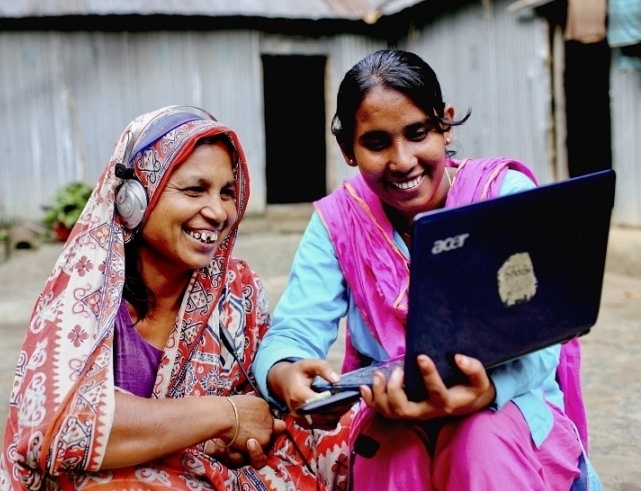By: Lyndal Rowlands
Send to a friend
The details you provide on this page will not be used to send unsolicited email, and will not be sold to a 3rd party. See privacy policy.
Affordable internet access should not limit users in poor countries to a tiny portion of online material, says a growing group of critics of Facebook’s Internet.org initiative.
In an open letter to Facebook founder Mark Zuckerberg, 65 advocacy organisations from some 31 countries have expressed concerns that Internet.org unfairly disadvantages poorer internet users by limiting their access to online information to Facebook and related sites.
Internet.org aims to broaden internet access in poorer countries by offering free-of-charge access to Facebook users, meaning that surfers can use Facebook without being charged by their internet provider. Around nine million people have gained access to Facebook through the initiative since its launch last year, according to Internet.org’s website.
“Facebook was expecting people to be excited and thrilled but people didn’t like this idea of a two-tiered internet.”
Deji Olukotun, Access
But critics say that Internet.org only provides access to one small part of the internet.
Deji Olukotun, an advocacy manager at anti-censorship NGO Access, says Facebook will have full control over which apps and sites are accessible by surfers using the system.
Access initiated the open letter, which was published on Facebook on 18 May. The co-signees, which include internet and media organisations from around the world, believe that Internet.org’s policies violate the principles of net neutrality – the idea that internet providers should treat all content equally.
Olukotun says that Internet.org is part of a trend that limits poor internet users’ access to online information, including restricted data deals from mobile carriers. He adds that this could hamper innovation in developing countries where small start-ups will not be able to compete with more established global apps.
Donny B.U., the executive director of ICT Watch, an internet governance watchdog in Indonesia, tells SciDev.Net that many internet users in Indonesia are already more likely to recognise the word ‘Facebook’ than the word ‘internet’. He says he is concerned that Internet.org could add to existing misunderstandings about how large the internet really is and how it can be used.
Rufus Pollock, president and co-founder of data access advocacy group Open Knowledge, says that by limiting people’s experience of the internet to specific sites services, Internet.org restricts free speech, and could lead to a monopoly of information and access to power.
Internet.org, however, said in a statement that its work with local providers would improve internet infrastructure in poor countries. So far, it states, the initiative has given internet access to people in countries including Bangladesh, Guatemala, Malawi and Zambia.But considering the track record of bad governance in some of these countries, signatories of the letter are also concerned about the fact that Internet.org is unencrypted. Olukotun says this is a serious problem because it makes it easier for governments to monitor online activity with implications for people’s freedom of expression.
The letter’s signatories say they seek to provide “non-discriminatory access to the full open Internet, without privileging certain applications or services over others and without compromising the privacy and security of users”. They have been doing this, they say, by building Internet access facilities in public libraries and telecentres, supporting community broadband, local telecom ventures, public investment in broadband infrastructure, making websites and services more accessible to people with feature-phones and more.
Meanwhile, in India there has been criticism of the initiative by some advocates and politicians after its country-wide launch in February, says Olukotun. “Facebook was expecting people to be excited and thrilled but people didn’t like this idea of a two-tiered internet,” he says.














